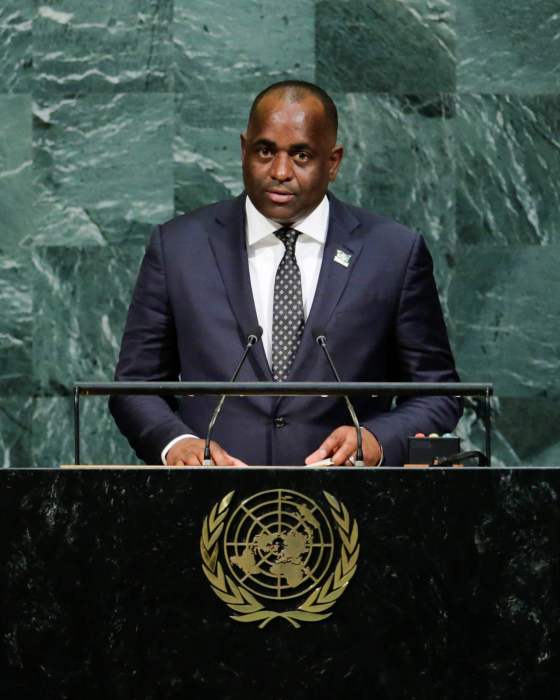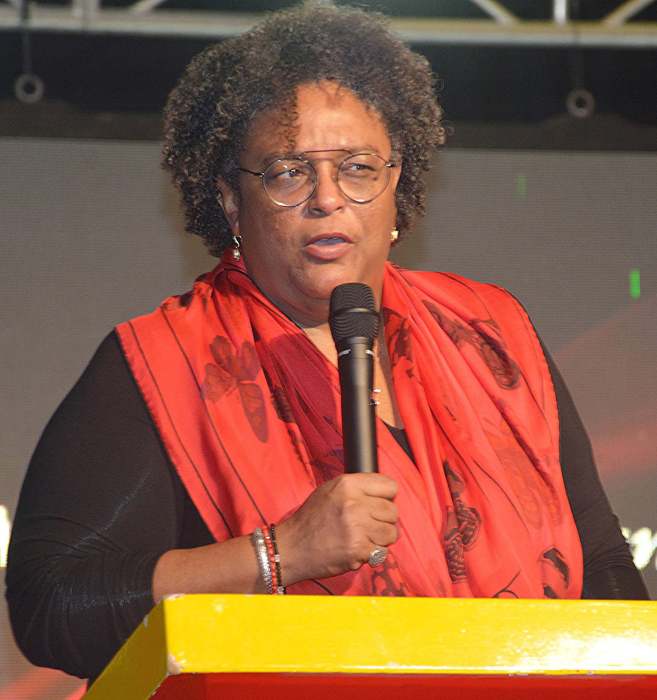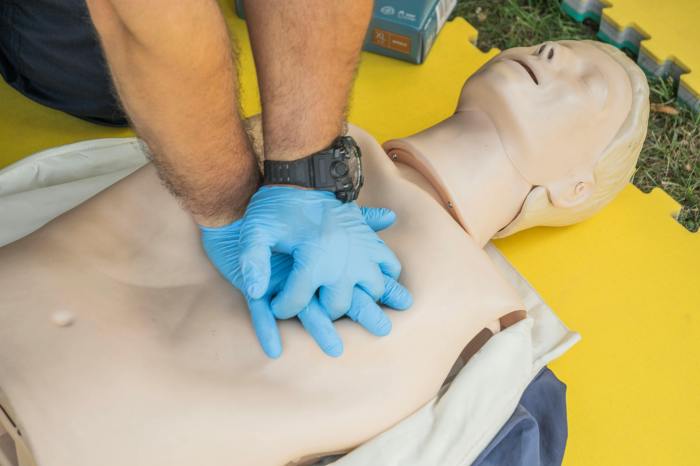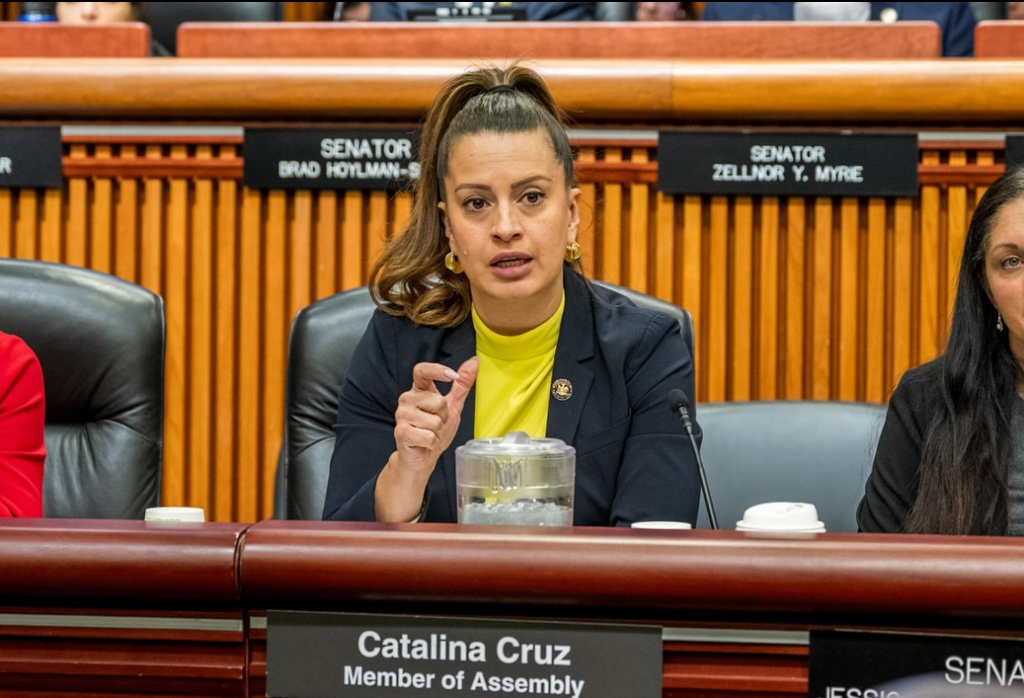The Caribbean region (excluding Haiti) should experience a modest growth of 2.2 percent in economic activity this year, according to the United Nations Economic Commission for Latin America and the Caribbean (ECLAC).
This would mean that several nations will still struggle to emerge from the global downturn, ECLAC said.
Most of CARICOM will be watching for signs that an economic recovery gains momentum in the United States and for an ease to economic problems in Britain and other European nations.
“Caribbean economic performances appeared to be tied to the slow growth of their trading partners emanating from the advanced industrial countries,” according to the Caribbean Center for Money and Finance.
Among the countries expecting an upturn this year is the Bahamas.
Bahamas Prime Minister Hubert Ingraham said it is now widely accepted that signs of economic recovery are beginning to emerge in a recent speech.
The Bahamas and other island nations dependent on tourism and financial services have been among the hardest hit by the downturn.
ECLAC said economic activity in these countries was driven by higher rice and gold production in Guyana and improving commodity prices in Suriname.
Jamaica and Antigua and Barbuda entered into formal arrangements with the International Monetary Fund (IMF) but fears that others would join the queue did not materialized.
Some tried to shore up finances by raising taxes and cutting expenditure like Barbados and St. Kitts and Nevis.
The Caribbean Center for Finance lamented that Caribbean economies are mired in high liquidity that refuses to be transformed into domestic lending. It cited Trinidad and Tobago as the most extreme case, where total deposits grew 22.7 percent year on year to June 2010, though loans outstanding grew by only 2.3 percent.
The high public debt, narrow revenue streams and a high liquidity-low credit ratio represent a worrying trend, according to ECLAC.


























